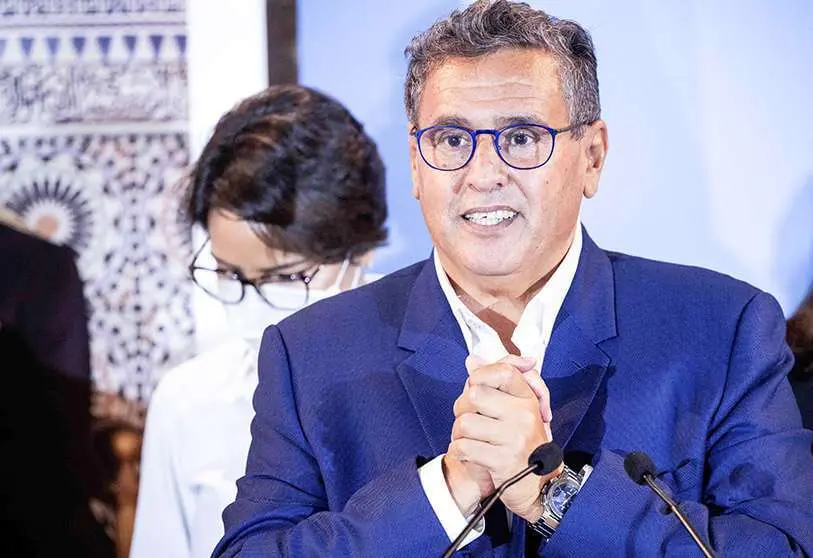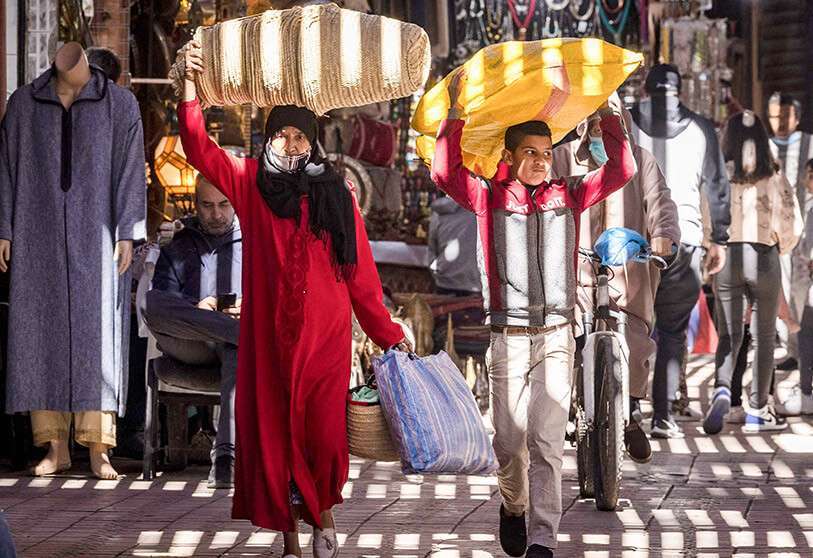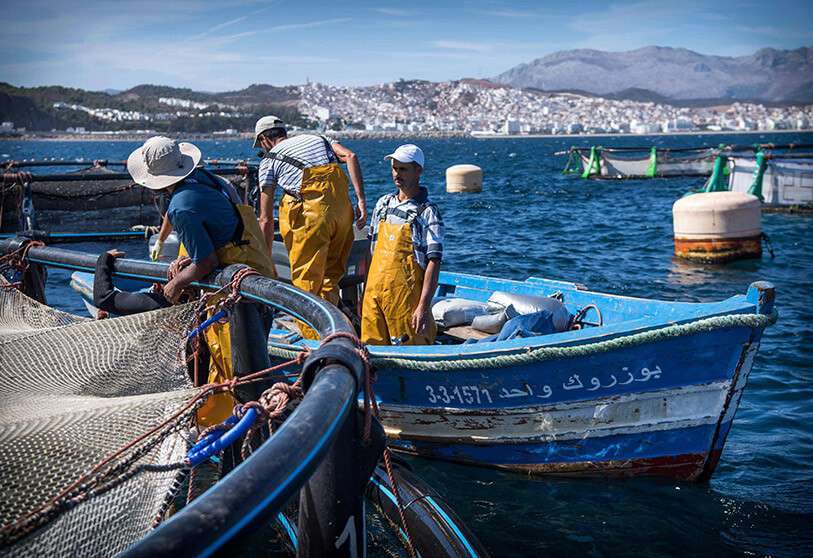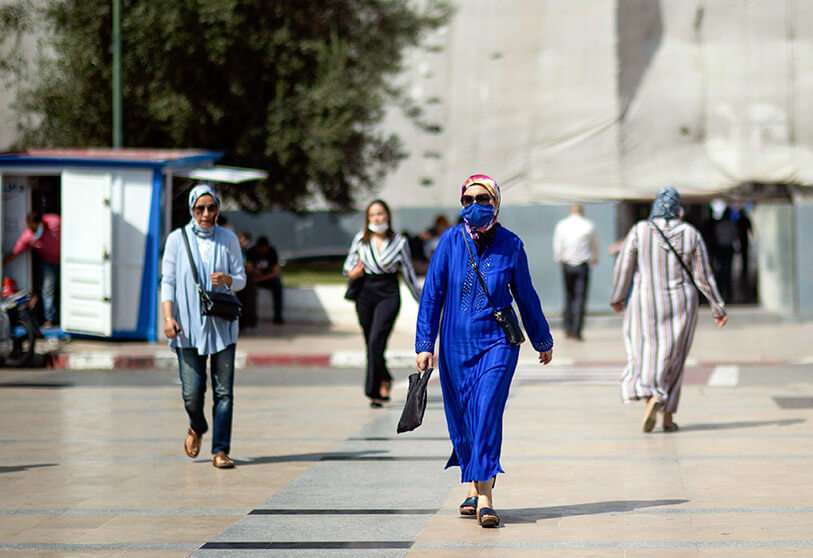El Gobierno de Akhannouch se compromete con el bienestar social

The Moroccan government, led by Aziz Akhannouch, has presented the Government Programme (2021-2026) to the national parliament. This government plan focuses on social policies, following the initiative launched by King Mohammed VI in July 2020. According to the Moroccan media Rue20, the project launched by Akhannouch is based on four pillars: the generalisation of social protection to reinforce the construction of the social state, the creation of a social support system for the most vulnerable families, the restructuring of the health system and the reform of public education.
In terms of measures to support vulnerable people, a project called the "dignity wage" will be presented for the country's elderly. There are 2.7 million people over 65 in Morocco, 68 per cent of whom have no retirement pension, so the Akhannouch government has proposed an initial monthly stipend of 400 dirhams (38.16 euros). This amount will increase progressively until 2026, when it is expected to reach 1000 dirhams (95.40 euros).

In addition, from next year, all families at risk of social exclusion will receive 300 dirhams (28.62 euros) per month per child. In 2023, women in a vulnerable situation will benefit from an allowance of 2000 dirhams (190.82 euros). Rabat will also support people with disabilities by allocating 500 million dirhams each year to associations working with the disabled. According to Rue20, there are more than 1.7 million citizens with disabilities in Morocco, or almost 5 per cent of the population.
Akhannouch has pledged to strengthen the public health system, which has been hard hit by the coronavirus pandemic. Health restructuring is based on increasing the number of health professionals and developing a system that covers the entire national territory. Nabila Al-Rumaili, Minister of Health and Social Protection, will be responsible for this. Among the health measures is also the creation of an electronic health card to reduce patients' direct spending on health services, as Rue20 reports.

The Moroccan newspaper also points out that the Kingdom currently has 26 doctors per 100,000 inhabitants. Akhannouch's government and Al-Rumaili's ministry will work to strengthen primary care, allowing each doctor to serve more than 300 families.
"The current government has a clear roadmap to implement the development programme and social plan according to a comprehensive and well-defined vision that will bring the country out of the difficult economic and epidemiological situation it has suffered during the recent period," Rashid Lazraq, professor of political science and law, tells Al-Arab media. "This obliges it to formulate radical decisions to enter a stage of development within a given period of time," he adds.

In addition to social policies, the Alawi government has announced that it "seeks to stimulate the national economy for the benefit of employment". As Akhannouch explained, "the government is guided by three basic principles: making employment the main focus of all public policies in the economic sphere, strengthening national sovereignty in strategic products and services, and making Moroccan products known internationally and protecting them from unfair competition".

Akhannouch pledged to create at least one million jobs, and the percentage of female employment will exceed 30 per cent, compared to the current 20 per cent.
"The government will focus on activating advanced regionalisation, administrative decentralisation, bringing the administrative system closer and modernising it, reducing regional differences and accelerating the pace of digital transformation," he added, reports Al-Arab.

For tourism, a key sector in Morocco that has also been hit hard by the pandemic, the government will launch a plan focused on economic recovery. Fatima Zahra Amour, Minister of Tourism and Handicrafts, will lead these projects promoted by Akhannouch.








